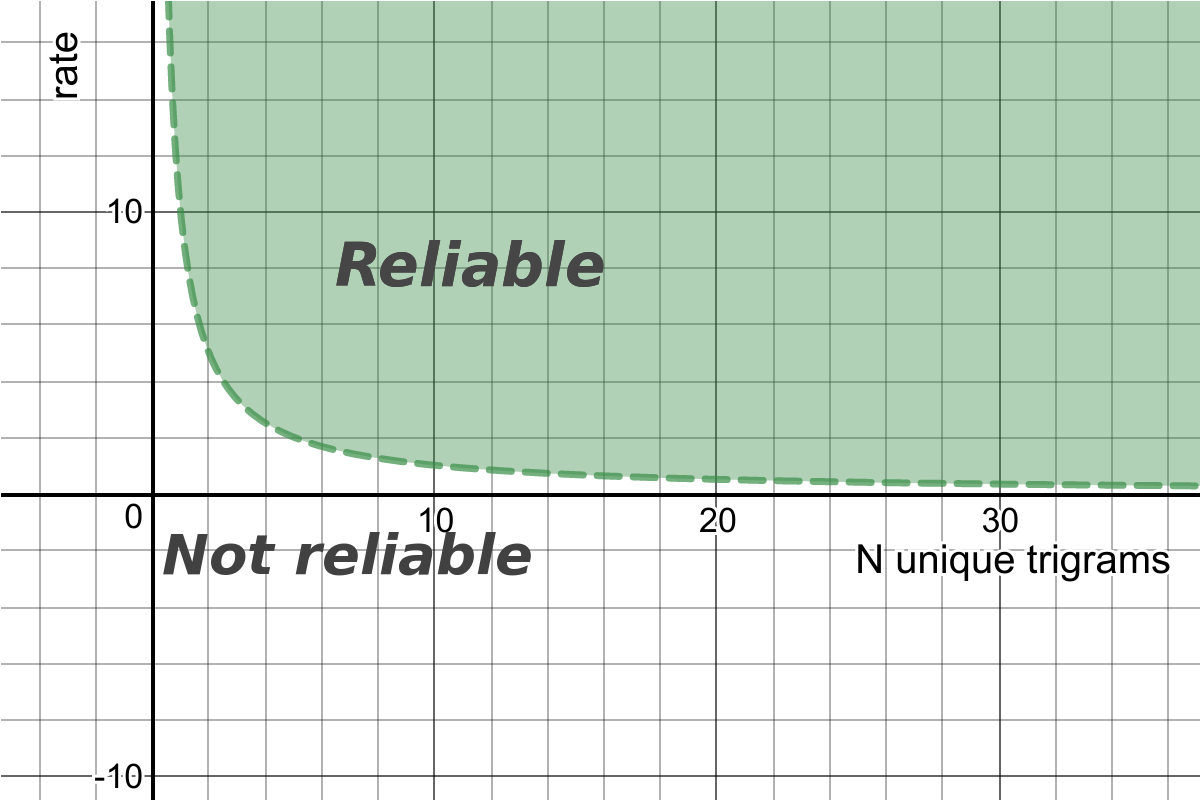Front-coding string dictionary in Rust
This is a Rust library of the (plain) front-coding string dictionary described in Martínez-Prieto et al., Practical compressed string dictionaries, INFOSYS 2016.
Features
- Dictionary encoding. Fcsd provides a bijective mapping between strings and integer IDs. It is so-called dictionary encoding and useful for text compression in many applications.
- Simple and fast compression. Fcsd maintains a set of strings in a compressed space through front-coding, a differential compression technique for strings, allowing for fast decompression operations.
- Random access. Fcsd maintains strings through a bucketization technique enabling to directly decompress arbitrary strings and perform binary search for strings.
Example
use fcsd::*;
fn main() {
// Sorted unique input key strings.
let keys = [
"deal", // 0
"idea", // 1
"ideal", // 2
"ideas", // 3
"ideology", // 4
"tea", // 5
"techie", // 6
"technology", // 7
"tie", // 8
"trie", // 9
];
// Builds the FC string dictionary with bucket size 4.
// Note that the bucket size needs to be a power of two.
let dict = {
let mut builder = FcBuilder::new(4).unwrap();
for &key in &keys {
builder.add(key.as_bytes()).unwrap();
}
FcDict::from_builder(builder)
};
// Locates the IDs associated with given keys.
{
let mut locator = dict.locator();
assert_eq!(locator.run(keys[1].as_bytes()).unwrap(), 1);
assert_eq!(locator.run(keys[7].as_bytes()).unwrap(), 7);
assert!(locator.run("techno".as_bytes()).is_none());
}
// Decodes the key strings associated with given IDs.
{
let mut decoder = dict.decoder();
assert_eq!(&decoder.run(4).unwrap(), keys[4].as_bytes());
assert_eq!(&decoder.run(9).unwrap(), keys[9].as_bytes());
}
// Enumerates the stored keys and IDs in lex order.
{
let mut iterator = dict.iter();
while let Some((id, dec)) = iterator.next() {
assert_eq!(keys[id].as_bytes(), &dec);
}
}
// Enumerates the stored keys and IDs, starting with prefix "idea", in lex order.
{
let mut iterator = dict.prefix_iter("idea".as_bytes());
let (id, dec) = iterator.next().unwrap();
assert_eq!(1, id);
assert_eq!("idea".as_bytes(), &dec);
let (id, dec) = iterator.next().unwrap();
assert_eq!(2, id);
assert_eq!("ideal".as_bytes(), &dec);
let (id, dec) = iterator.next().unwrap();
assert_eq!(3, id);
assert_eq!("ideas".as_bytes(), &dec);
assert!(iterator.next().is_none());
}
// Serialization / Deserialization
{
let mut bytes = Vec::<u8>::new();
dict.serialize_into(&mut bytes).unwrap();
assert_eq!(bytes.len(), dict.serialized_size_in_bytes());
let other = FcDict::deserialize_from(&bytes[..]).unwrap();
assert_eq!(bytes.len(), other.serialized_size_in_bytes());
}
}
Note
- Input keys must not contain
\0character because the character is used for the string delimiter. - The bucket size of 8 is recommended in space-time tradeoff by Martínez-Prieto's paper.
Todo
- Add benchmarking codes.
- Add RePair compressed veriants.
Licensing
This library is free software provided under MIT.



